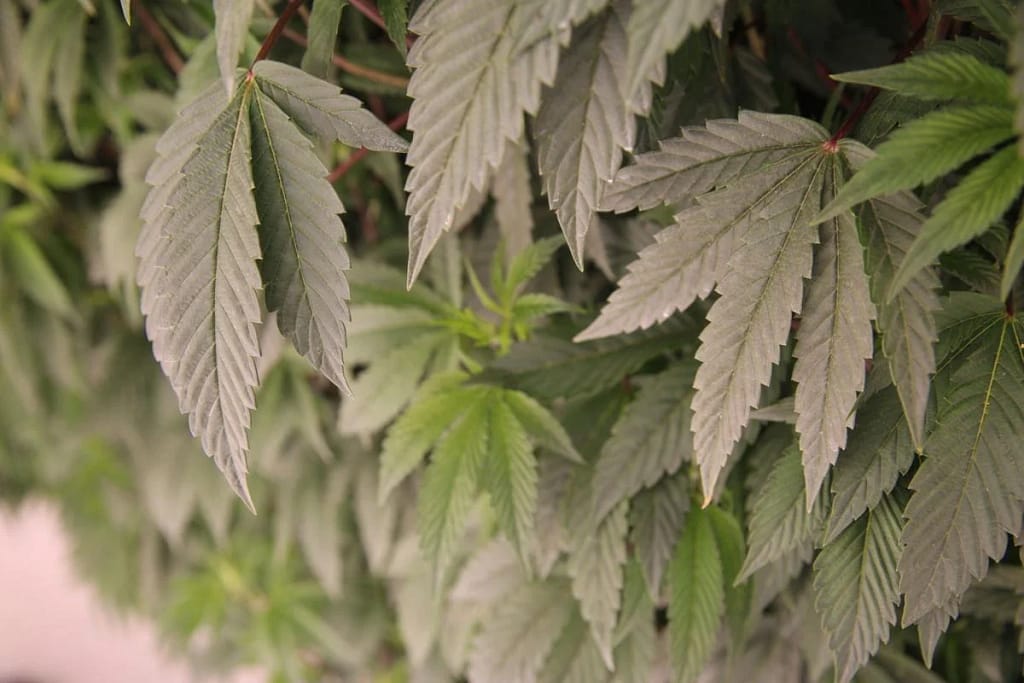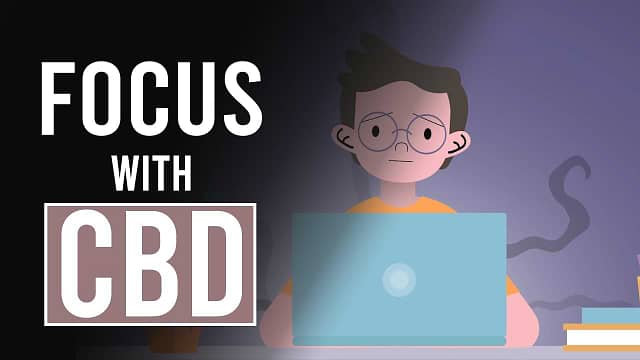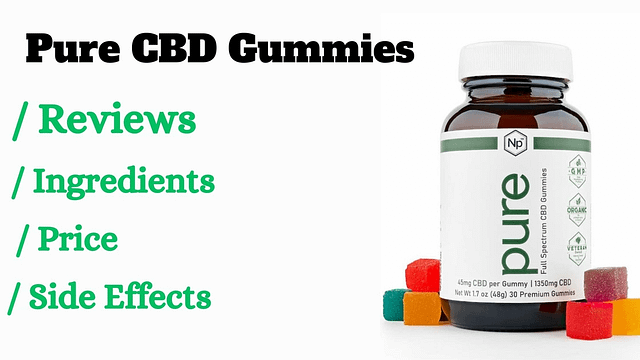Hawaii, famous for its beautiful beaches and landscapes, also has its own rules about marijuana. Understanding Hawaii Marijuana Laws and Hawaii medical marijuanas laws is essential for everyone here. We'll explore Hawaii's marijuana rules, making it easy to know what you can and can't do.
If you have an ounce or more of marijuana but less than a pound, it's a misdemeanor. This means you could face up to a year in jail or a $2,000 fine. If you have a pound or more, it's even more serious. It's considered a felony, which could lead to up to five years in jail and a fine of up to $10,000. Knowing these laws is important to protect yourself.
Table of Contents
- 1 History Of Hawaii Marijuana laws
- 2 Current Legal Framework
- 3 Medical vs. Recreational
- 4 Possession and Consumption
- 5 Licensing and Registration
- 6 Legal Rights of Users
- 7 Medical Marijuana Patients
- 8 Recreational Users
- 9 Responsibilities of Users
- 10 Hawaii Weed Policy and Medical Marijuana Laws
- 11 Impact on Employment
- 12 Law Enforcement and Enforcement Agencies
- 13 Public Perception and Future Trends
- 14 Conclusion
- 15 Frequently Asked Questions (FAQs )
- 16 Does Hawaii allow recreational marijuana use?
- 17 How can I obtain a medical marijuana card in Hawaii?
- 18 What is the legal possession limit for recreational users in Hawaii?
- 19 Are there restrictions on where I can smoke marijuana in Hawaii?
- 20 Can I grow my own marijuana in Hawaii?
- 21 What are the penalties for violating Hawaii's marijuana laws?
- 22 Do employers in Hawaii conduct drug tests for marijuana?
- 23 Can tourists legally purchase and consume marijuana in Hawaii?
- 24 What is the status of CBD legality in Hawaii?
- 25 Are there any proposed changes to Hawaii's marijuana laws in the near future?
History Of Hawaii Marijuana laws

Hawaii's journey in marijuana legislation has been nothing short of dynamic. In the past, marijuana was heavily criminalized, as was the case across much of the United States. However, the state has experienced a significant shift in its approach to marijuana over the years.
The turning point came in 2000 when Hawaii legalized medical marijuana use, allowing patients with qualifying conditions to access cannabis for therapeutic purposes. This marked the beginning of a more compassionate approach to marijuana. The state recognized the potential benefits of cannabis for individuals with medical conditions, leading to a more tolerant stance.
In 2020, Hawaii took another significant step by legalizing recreational marijuana use for adults aged 21 and older. This historic decision allowed adults to possess and consume cannabis for recreational purposes. The move to legalize recreational use was seen as a way to reduce the burden on law enforcement and generate revenue through taxation.
Current Legal Framework
Medical vs. Recreational
Hawaii distinguishes between medical and recreational marijuana, each with its own set of rules and regulations. Understanding these distinctions is crucial, as they greatly impact your rights and responsibilities regarding marijuana use.
Medical Marijuana:
- To become a medical marijuana patient in Hawaii, individuals must have a qualifying medical condition, with conditions like cancer, epilepsy, or chronic pain, including the use of CBD oil for pain.
- Once approved, patients receive a medical marijuana card, which allows them to purchase and possess a specified amount of cannabis from state-licensed dispensaries.
- Privacy protections are in place to safeguard patients' medical information.
Recreational Marijuana:
- Recreational marijuana use is legal for adults aged 21 and older in Hawaii.
- Adults can possess up to one ounce (28 grams) of marijuana or eight grams of concentrated cannabis.
- Consumption is allowed in private residences, but it is illegal to use cannabis in public places or while operating a vehicle.
Possession and Consumption

Possession and consumption are two critical aspects of Hawaii's marijuana laws. Knowing the limits and where you can legally consume marijuana can help you avoid legal issues.
Possession Limits:
- For medical marijuana patients, possession limits are more generous. They can possess up to four ounces of usable cannabis and grow up to ten plants for personal use.
- Recreational users, on the other hand, are limited to one ounce of marijuana or eight grams of concentrated cannabis.
Consumption Regulations:
- Hawaii law prohibits the consumption of marijuana in public places. It is only legal to consume cannabis in private residences.
- It is important to note that driving under the influence of marijuana is illegal and subject to penalties.
Licensing and Registration
For those looking to enter the cannabis industry in Hawaii, understanding the licensing and registration requirements is crucial. The state has established a system to regulate and oversee various aspects of the marijuana industry, including cultivation, dispensaries, and testing facilities.
Licensing:
- Businesses in the cannabis industry, such as dispensaries and cultivation operations, must obtain licenses from the Hawaii Department of Health.
- The application process is rigorous and includes background checks, financial disclosures, and compliance with zoning regulations.
Registration:
- Medical marijuana patients must register with the Department of Health and obtain a medical marijuana card to purchase and possess cannabis legally.
Legal Rights of Users
Medical Marijuana Patients
Hawaii's medical marijuana program provides legal protections for patients in need of cannabis for medical purposes. These rights include:
Possession and Cultivation:
- Medical marijuana patients can possess up to four ounces of usable cannabis and grow up to ten plants for personal use.
- These possession limits are higher than those for recreational users, recognizing the medical necessity for larger quantities in some cases.
Privacy Protections:
- The state of Hawaii takes privacy seriously when it comes to medical marijuana use. Patients' medical information is protected, and dispensaries are required to adhere to strict confidentiality standards.
Employment Protections:
- Medical marijuana patients in Hawaii have certain employment protections. Employers are generally prohibited from discriminating against employees based on their medical marijuana use, provided it does not impair job performance or safety.
Recreational Users
Recreational users also have rights under Hawaii law, and it's essential to be aware of these rights as a responsible cannabis consumer:
Possession Limits:
- As mentioned earlier, recreational users can possess up to one ounce of marijuana or eight grams of concentrated cannabis.
Private Residence Consumption:
- While it is legal for adults to consume marijuana in private residences, it is crucial to respect the property rights and rules of your place of residence.
Employment Considerations:
- Recreational users should be aware of how their marijuana use, or even the consumption of CBD gummies on a drug test, may affect their employment, especially in safety-sensitive industries. Some employers may conduct drug tests or have policies against marijuana use.
Responsibilities of Users

While Hawaii allows marijuana use, users must also uphold certain responsibilities to ensure the safe and legal consumption of cannabis. These responsibilities include:
Compliance with Possession Limits:
- Users must not exceed the allowable possession limits for medical or recreational use.
Responsible Consumption:
- It is essential to consume marijuana responsibly, particularly in private residences, to avoid any nuisance to neighbors or others in shared spaces.
Safe Driving Practices:
- Operating a vehicle under the influence of marijuana is illegal in Hawaii. Responsible users should arrange for alternative transportation if impaired.
Understanding Local Rules:
- Municipalities in Hawaii may have additional rules or regulations regarding marijuana use, so it's important to be aware of local ordinances.
Hawaii Weed Policy and Medical Marijuana Laws
Hawaii has a well-defined weed policy and a comprehensive set of medical marijuana laws. These laws and policies are designed to ensure the safe and responsible use of cannabis in the state.
Weed Hawaii Policy:
- Hawaii's approach to marijuana, both medical and recreational, is rooted in a commitment to regulation and oversight. The state closely monitors the cultivation, distribution, and use of marijuana to maintain public safety and health.
Medical Marijuana Laws:
- Hawaii's medical marijuana laws are intended to provide patients with access to cannabis for therapeutic purposes. These laws outline the qualifying conditions, registration process, and legal rights of medical marijuana patients.
Impact on Employment
The intersection of marijuana use and employment can be a complex issue in Hawaii. While the state has legalized recreational use, some employers may still have policies that prohibit marijuana consumption. It's crucial to understand how your marijuana use may affect your employment, as well as your employer's rights and responsibilities.
Employer Policies:
- Some employers in Hawaii may conduct drug tests for marijuana, particularly in safety-sensitive industries like transportation and healthcare.
- Employers are within their rights to have policies that prohibit employees from using marijuana, especially during working hours.
Employee Rights:
- However, Hawaii law provides certain protections for employees. Generally, employers cannot discriminate against employees solely based on their legal use of medical or recreational marijuana, as long as it does not interfere with job performance or safety.
Law Enforcement and Enforcement Agencies
Various agencies in Hawaii are responsible for enforcing marijuana laws. Understanding how these agencies operate and handle marijuana-related offenses can help individuals navigate potential legal issues.
Hawaii State Department of Health:
- The Hawaii State Department of Health oversees the medical marijuana program, including patient registrations and the licensing of dispensaries and cultivation facilities.
Local Law Enforcement:
- Local law enforcement agencies, including county police departments, are responsible for enforcing marijuana laws at the local level.
Penalties:
- Penalties for marijuana-related offenses in Hawaii vary depending on the nature of the offense. They can include fines, probation, or imprisonment.
Public Perception and Future Trends

As attitudes toward marijuana continue to evolve nationwide, Hawaii is no exception. The state's residents and policymakers have experienced a shift in public perception regarding marijuana, leading to changes in legislation.
Shifting Attitudes:
- Public opinion polls in Hawaii have shown increasing support for marijuana legalization.
- Many residents view marijuana as a less harmful alternative to alcohol and support its regulation and taxation.
Future Trends:
- While there are no imminent changes to Hawaii's marijuana laws at the time of writing, it's essential to stay informed. Legislation can evolve, and future trends may include further expansion of the cannabis industry or adjustments to possession limits.
Conclusion
In Hawaii, you must follow the rules when it comes to marijuana. We talked about Hawaii Marijuana Laws and Hawaii medical marijuanas laws. Remember, having a little bit is okay, but too much can get you into trouble.
Whether you're a patient or just curious, knowing the law is essential. Always use marijuana responsibly in private places, never while driving, and respect local rules.
While Hawaii's rules might change someday, for now, it's essential to stay informed and follow the law. Be safe and make sure your rights and responsibilities are clear when it comes to marijuana in the Aloha State.
Frequently Asked Questions (FAQs )
Here are some common questions individuals often have about Hawaii Marijuana Laws, along with informative answers:
Does Hawaii allow recreational marijuana use?
Yes, Hawaii legalized recreational marijuana use in 2020.
How can I obtain a medical marijuana card in Hawaii?
To obtain a medical marijuana card, you need to meet certain qualifying conditions and apply through the Hawaii Department of Health.
What is the legal possession limit for recreational users in Hawaii?
Recreational users can possess up to one ounce of marijuana in Hawaii.
Are there restrictions on where I can smoke marijuana in Hawaii?
Yes, you can only smoke marijuana in private residences, and it is illegal to consume it in public places.
Can I grow my own marijuana in Hawaii?
Yes, Hawaii allows adults to cultivate up to six marijuana plants per person or up to ten plants per household.
What are the penalties for violating Hawaii's marijuana laws?
Penalties vary depending on the offense but may include fines, probation, or imprisonment.
Do employers in Hawaii conduct drug tests for marijuana?
Some employers in Hawaii may conduct drug tests for marijuana, especially in safety-sensitive industries.
Can tourists legally purchase and consume marijuana in Hawaii?
Yes, tourists aged 21 and older can legally purchase and consume marijuana in Hawaii.
What is the status of CBD legality in Hawaii?
CBD derived from hemp is legal in Hawaii, but CBD from marijuana is subject to the state's marijuana laws.
Are there any proposed changes to Hawaii's marijuana laws in the near future?
As of now, there are no imminent changes, but it's essential to stay informed as legislation can evolve.

MS, RD
Samantha Breslin, a registered dietitian (RD), empowers our readers to make informed choices for their health with her comprehensive reviews.















+ There are no comments
Add yours